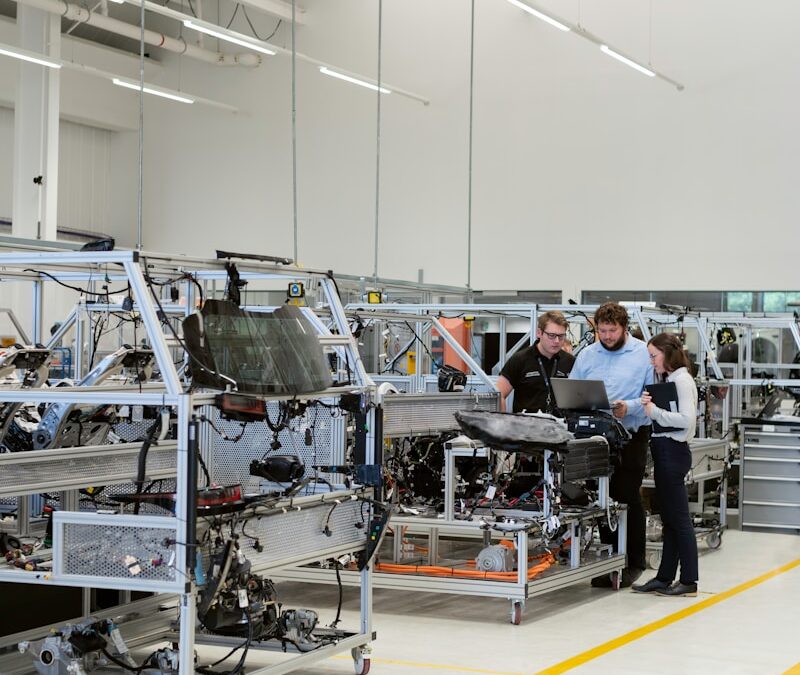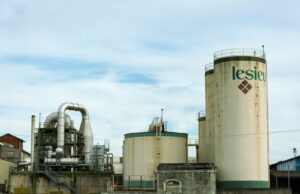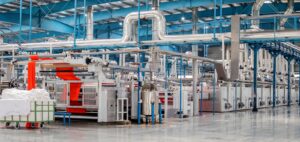Transforming Pharmaceutical and Chemical Production
Biotechnology Driving Innovations in Biomanufacturing
The role of biotechnology in advanced biomanufacturing is reshaping the production of pharmaceuticals, chemicals, and other high-value products. By leveraging biological processes and systems, biotechnology enables more efficient, sustainable, and cost-effective manufacturing methods. Biomanufacturing harnesses the power of genetically engineered microorganisms and cells to produce complex molecules that are often challenging or impossible to synthesize using traditional chemical processes. This approach not only enhances production capabilities but also aligns with the global shift towards greener and more sustainable industrial practices.
In regions such as Saudi Arabia and the UAE, where there is a strong emphasis on technological advancement and innovation, the adoption of biotechnology in biomanufacturing is particularly impactful. These countries are investing heavily in biotech research and development, establishing state-of-the-art facilities in Riyadh and Dubai. This strategic focus supports the production of high-value products such as biopharmaceuticals, specialty chemicals, and biofuels. By integrating biotechnology into their industrial frameworks, Saudi Arabia and the UAE are positioning themselves as leaders in the global biomanufacturing sector, driving economic growth and sustainability.
The advantages of biomanufacturing are manifold. For example, the production of biopharmaceuticals using recombinant DNA technology allows for the creation of highly specific and effective drugs, such as monoclonal antibodies and vaccines. This method improves the scalability and efficiency of drug production, ensuring a steady supply of critical medications. Additionally, biomanufacturing processes often have lower environmental impacts compared to traditional manufacturing, as they typically require fewer harsh chemicals and generate less waste. This alignment with environmental sustainability is increasingly important in today’s industrial landscape.
Applications and Implications for Various Industries
Biotechnology in biomanufacturing has far-reaching applications across multiple industries, each benefiting from the innovative capabilities of this technology. In the pharmaceutical industry, biotechnology enables the production of complex therapeutic proteins and personalized medicines. These advancements are crucial for addressing a wide range of health conditions, from chronic diseases to rare genetic disorders. By facilitating the production of tailored treatments, biomanufacturing supports the broader trend towards precision medicine, improving patient outcomes and healthcare efficiency.
In the chemical industry, biotechnology-driven biomanufacturing offers a sustainable alternative for producing specialty chemicals, industrial enzymes, and bio-based materials. Traditional chemical synthesis often involves energy-intensive processes and the use of non-renewable resources. In contrast, biomanufacturing utilizes renewable biological resources and operates under milder conditions, reducing the overall carbon footprint. This shift towards bio-based production methods aligns with global sustainability goals and enhances the competitive edge of companies adopting these technologies.
Moreover, the integration of advanced technologies such as artificial intelligence (AI) and blockchain further enhances the capabilities of biomanufacturing. AI can optimize production processes by predicting outcomes and identifying efficiencies, while blockchain ensures the traceability and integrity of biomanufactured products. These technological synergies enable more robust and transparent supply chains, improving trust and reliability in the production and distribution of high-value products.
Enhancing Business Success Through Biotechnology
The strategic adoption of biotechnology in biomanufacturing offers significant opportunities for business success and industrial growth. Companies that invest in biomanufacturing technologies can achieve substantial cost savings and operational efficiencies. By leveraging biotechnology, businesses can streamline production processes, reduce reliance on traditional raw materials, and minimize environmental impacts. These advantages translate into enhanced competitiveness and market differentiation, positioning companies as leaders in innovation and sustainability.
In Saudi Arabia and the UAE, the emphasis on biotechnology aligns with national economic diversification strategies. By fostering a vibrant biotech sector, these countries can reduce their dependence on oil revenues and create new avenues for economic development. The establishment of biotech hubs and research institutions in Riyadh and Dubai supports this vision, attracting international partnerships and investment. This strategic focus on biotechnology not only drives local industrial growth but also contributes to the global advancement of biomanufacturing technologies.
Additionally, effective change management and leadership are essential for navigating the complexities of adopting biotechnology in industrial processes. Executives and managers must foster a culture of innovation, support continuous learning, and engage with stakeholders to ensure the successful integration of biomanufacturing technologies. This includes addressing regulatory challenges, managing interdisciplinary teams, and staying abreast of technological advancements. By prioritizing leadership and management skills, businesses can effectively leverage biotechnology to achieve strategic goals and drive industrial growth.
#Biotechnology, #Biomanufacturing, #PharmaceuticalProduction, #ChemicalSynthesis, #IndustrialBiotech, #SustainableManufacturing, #Innovation, #TechAdvancement













